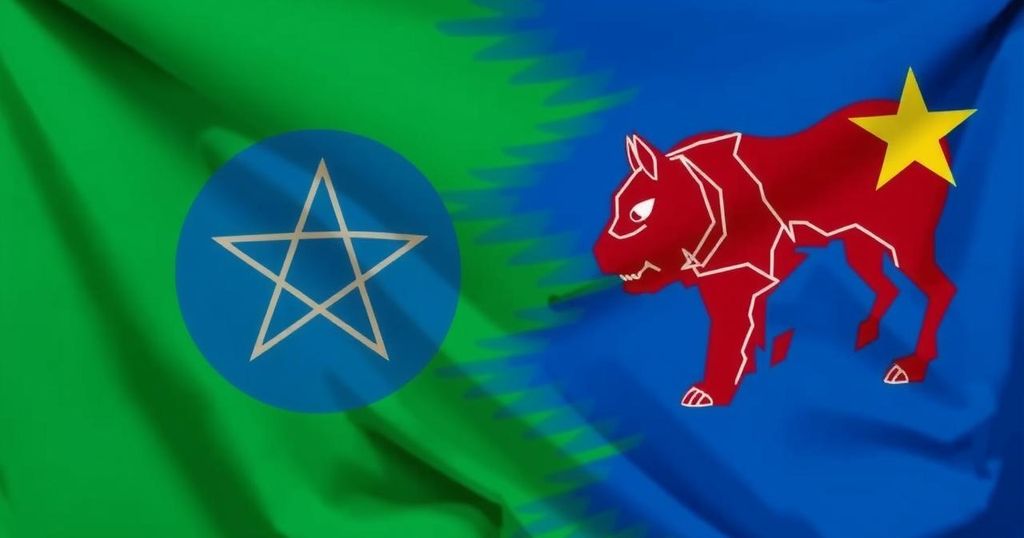Ethiopia indicates a preference for diplomatic resolution over conflict in its maritime dispute with Somalia, as Turkey enhances its role as a mediator. Turkish Foreign Minister Hakan Fidan’s upcoming visit to Djibouti for discussions with African nations exemplifies Turkey’s strategic partnerships in Africa, rooted in a non-colonial history and significant investments in the region. The evolving dialogue between Ethiopia and Somalia presents opportunities for peace, supported by Turkey’s expanding influence and cooperative initiatives across the continent.
Ethiopia’s recent emphasis on resolving its maritime dispute with Somalia highlights its desire to avoid conflict amid ongoing tensions. As Turkish Foreign Minister Hakan Fidan makes a diplomatic visit to Djibouti for a ministerial meeting involving 14 African nations, Turkey’s role as a mediator becomes increasingly relevant. The diplomatic relationship stems from Turkey’s strategic investments in Somalia over the past two decades, fostering regional trust. Despite historical tensions in the region, Turkey is regarded as a neutral facilitator capable of bridging the gap between Ethiopia and Somalia. This relationship is further evidenced by Turkey’s expanding trade initiatives and military cooperation throughout Africa, particularly with countries facing security challenges. As negotiations progress at their own pace, the prospect of a peaceful resolution appears attainable. Turkey’s non-colonial past and substantial engagements in the region bolster its position as a preferred partner for dialogue and economic collaboration.
The diplomatic relationship between Turkey and African nations, particularly in the Horn of Africa, is significantly influenced by Turkey’s approach to cooperation without a colonial legacy. Turkey’s engagement in Somalia, a nation it has extensively invested in through infrastructure projects, military training, and humanitarian aid, provides a solid foundation for fostering trust and acting as a mediator in regional disputes. By facilitating talks between Ethiopia and Somalia, Turkey aims to navigate historical grievances while promoting stability and development in a region characterized by security complexities. This strategy is further complemented by Turkey’s trade pursuits and military support across Africa, positioning the country as an emerging influencer in international affairs within the continent.
In conclusion, Ethiopia’s recent reluctance to engage in conflict over its dispute with Somalia underscores a shift towards diplomatic resolution, facilitated by Turkey’s growing influence in Africa. As Turkey’s Foreign Minister visits Djibouti for crucial ministerial discussions, the potential for dialogue between Ethiopia and Somalia continues to expand, providing hope for a peaceful resolution. Turkey’s unique position as a non-colonial partner, coupled with its extensive investments in Somalia, enhances its capacity to mediate effectively. Ongoing cooperation in trade, security, and infrastructure further strengthens Turkey’s reputation and viability as a key player in African diplomacy.
Original Source: www.arabnews.com







